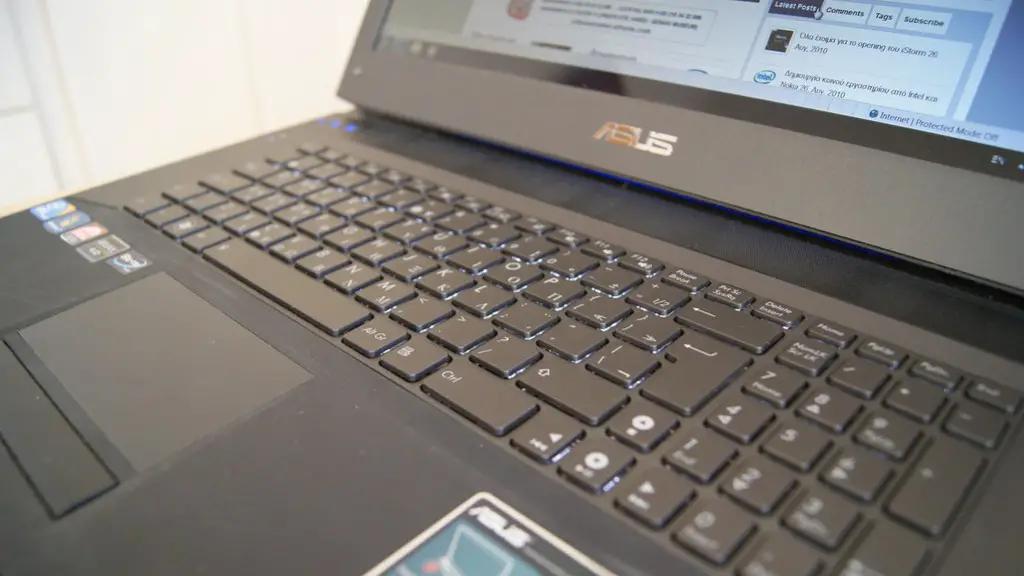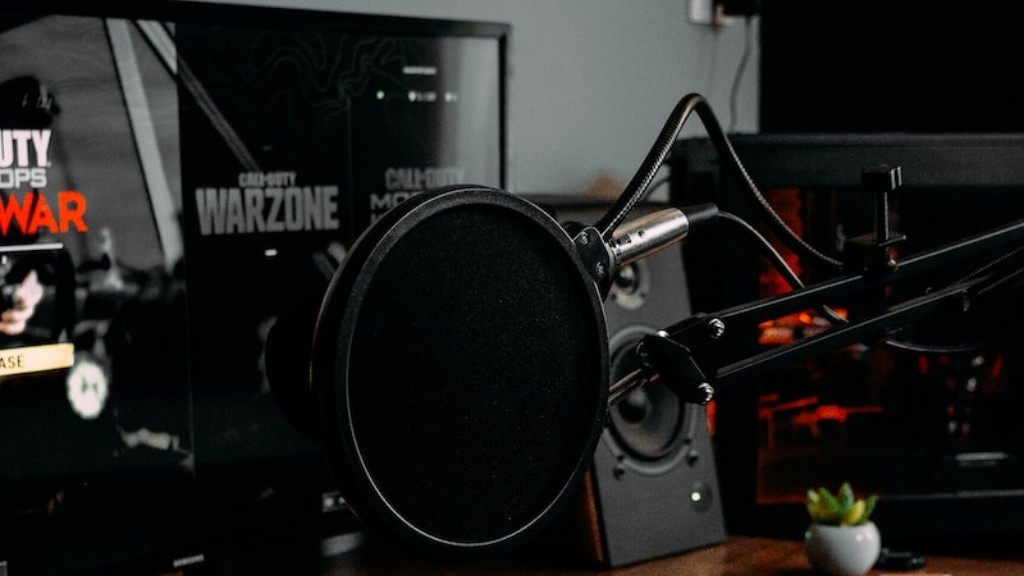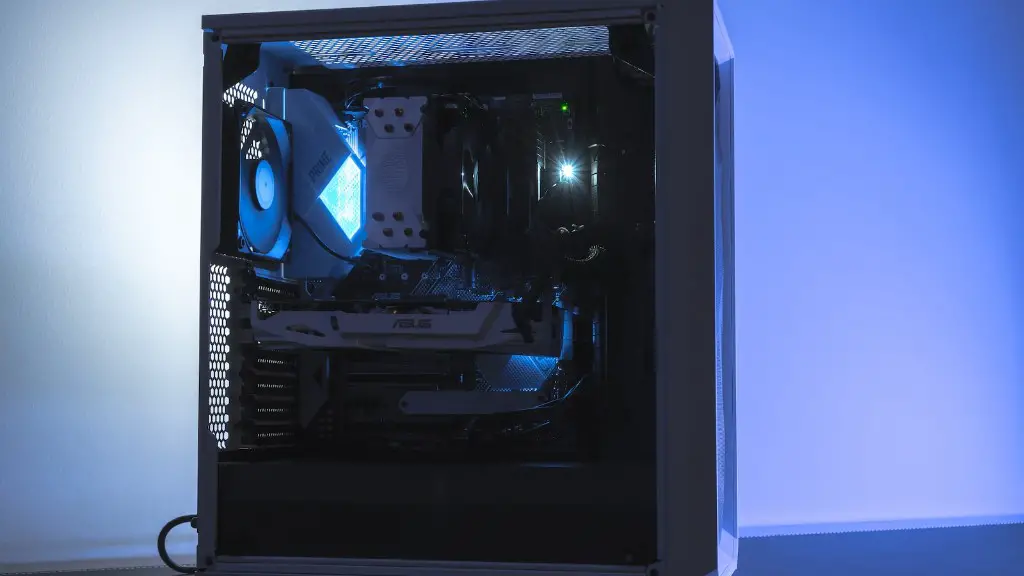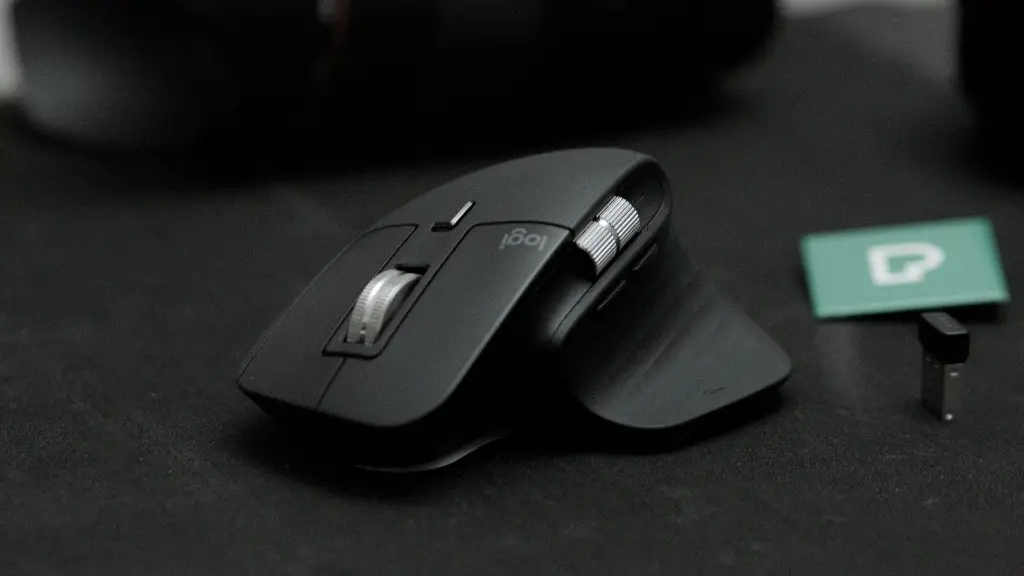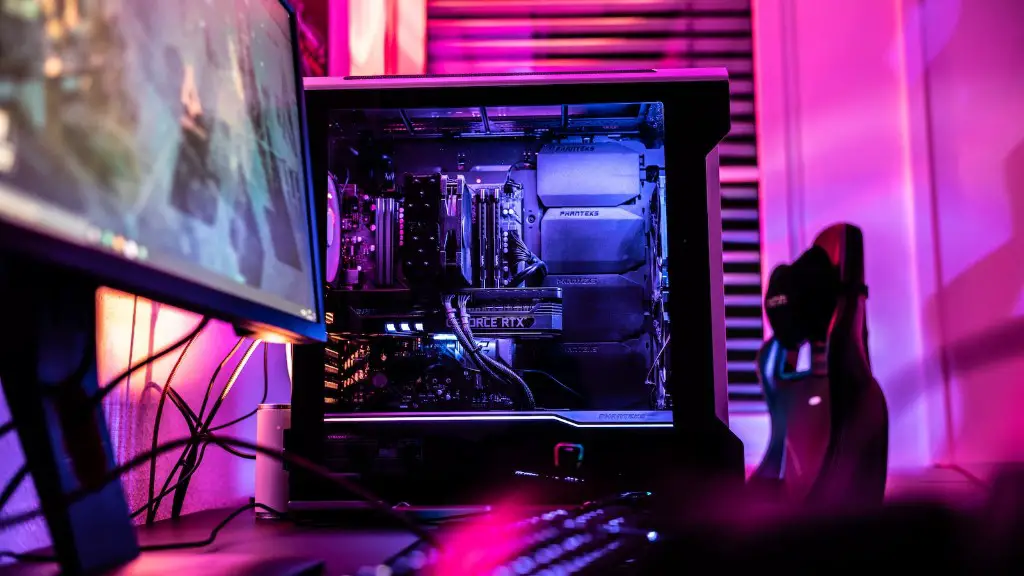No one likes a slow laptop, especially when it comes to gaming. Games require faster systems to produce better graphics and provide a smoother gameplay experience. There are a few things you can do to make your gaming laptop faster.
First, update your graphic drivers. Newer drivers can improve performance and fix bugs that can affect speed. Second, close any programs that you’re not using while gaming. Running too many programs at once can slow down your laptop. Finally, make sure your laptop is well-ventilated to prevent overheating. Keeping your laptop cool will help it run faster and prevent slowdowns.
There is no one-size-fits-all answer to this question, as the best way to make your gaming laptop faster will vary depending on the specific model and make of your machine. However, there are some general tips you can follow to help speed up your gaming laptop:
1. Make sure your computer is properly ventilated. If your laptop is overheating, it will run more slowly.
2. Keep your laptop clean and dust-free. Dust can clog up your computer’s internals and slow it down.
3. Make sure you have the latest drivers installed for your graphics card and other gaming-related hardware. Outdated drivers can negatively impact performance.
4. Close any programs or processes you’re not using. Having too many programs running in the background can drag down your computer’s speed.
5. If your computer continues to run slowly despite your best efforts, consider upgrading your hardware. A faster processor or more RAM can make a significant difference in your gaming laptop’s speed and performance.
Why is my gaming laptop so slow?
If your laptop is gradually slowing down, it is likely due to overheating. This can be caused by obstructions or a failing fan. You can check the Task Manager to see if other software is bogging down the system, but this is less likely. A gradual slowdown in performance over time on laptops is usually a result of the heatsink vanes and cooling fan becoming encrusted with dust.
Yes, upgrading your graphics card or overclocking your graphics card can provide a significant FPS boost. This is because the graphics card is responsible for rendering the images on your screen. By upgrading or overclocking the graphics card, you are essentially increasing its performance and therefore, the FPS.
However, it is important to note that you should only upgrade or overclocking your graphics card if your CPU and RAM can handle it. Otherwise, you may end up causing bottlenecks and actually reducing your FPS.
If you’re not sure whether your CPU and RAM can handle an upgrade or overclocking, then you can check out our guide on how to monitor your GPU temperature. This will help you ensure that your system can handle the extra load.
How do I fix a slow gaming laptop
There are a few things you can do to make your laptop run faster. Try closing system tray programs, stopping programs from running on startup, and updating Windows, drivers, and apps. You can also delete unnecessary files, find programs that use up a lot of resources, and adjust your power options. Finally, uninstall any programs you don’t use.
If you’re looking to improve the performance or FPS of your games, there are a few things you can try. First, update the BIOS and graphics driver. Most games also allow you to change the graphics settings, so you can try adjusting those as well. Additionally, close any applications or programs that are not being used, as they can use up valuable resources. Finally, plug notebook PCs into an AC adapter to give the graphics card more power. Some newer TVs also have a game mode which can help improve performance.
Why are laptops worse for gaming?
Laptops usually can’t provide the same level of performance as desktop PCs. They use mobile versions of graphics cards and other components which provide lower performance overall, so it may be that some of the more demanding games might not be as effective.
It’s important to pick a gaming laptop that will last you a while. Performance-wise, you can expect a good gaming laptop to last around five years. The GPU affects a gaming laptop’s lifespan the most. So make sure to pick up a laptop that matches or exceeds the performance of a console.
Does more RAM improve laptop gaming?
Adding more RAM to a gaming PC can help to improve system responsiveness and frame rates. This is because RAM is a key component in any gaming PC. By having more RAM, the system can better handle the demands of gaming, which can lead to improved performance.
RAM does affect FPS to some extent, but not as much as graphics cards and CPUs. More RAM will improve game performance, but it won’t be as drastic as other hardware upgrades.
How do I optimize my processor for gaming
If you’re looking to optimise your PC for gaming, there are a few things you can do to help ensure the best performance.
1. Turn on gaming mode: Windows is already conveniently built for gaming, so enabling gaming mode can help give you a boost.
2. Disable notifications: You don’t want to be interrupted while you’re in the middle of a game, so disable any unnecessary notifications.
3. Turn on Hardware-accelerated GPU scheduling: This can help improve your video and gaming performance.
4. Adjust for best performance: In your system settings, you can adjust various settings for better performance.
5. Turn off enhanced pointer precision: This can help improve your gaming accuracy.
6. Update your drivers: Keeping your drivers up to date can help improve your performance.
7. Turn on Nvidia G-Sync: This can help reduce screen tearing and stuttering.
8. Set your monitor refresh rate: A higher refresh rate can help improve your gaming experience.
If you have programs running in the background, it can eat up your processing power and slow your laptop down. You can use the Windows Task Manager to close these programs. To do this, hit Ctrl + Alt + Delete on your keyboard and select the Task Manager.
How can I maximize my laptop performance?
There are many ways to improve the performance of your PC. Here are some tips:
1. Make sure you have the latest updates for Windows and device drivers.
2. Restart your PC and open only the apps you need.
3. Use ReadyBoost to help improve performance.
4. Make sure the system is managing the page file size.
5. Check for low disk space and free up space.
1. Update graphics card drivers: The graphics card is central to the gaming performance. Keeping the drivers up to date can improve the gaming performance and FPS.
2. Change video game settings: Some games have options for optimising the game for performance. Enabling these options can help increase FPS.
3. Enable Game Mode in Windows 10: Game Mode is a feature in Windows 10 that can help optimise your PC for gaming.
4. Lower the resolution: Lowering the resolution can help increase FPS.
5. Manage power option: Managing the power options can help increase battery life and improve FPS.
6. Overclock graphics card: Overclocking the graphics card can improve gaming performance.
7. Increase RAM: Adding more RAM can help improve gaming performance.
8. Replace the graphics card: Sometimes, the only way to improve gaming performance is to replace the graphics card.
How do I turbo boost my HP laptop
You can enable or disable Intel Turbo Boost Technology using the System Utilities screen in the BIOS/Platform Configuration (RBSU). Select the Performance Options > Intel (R) Turbo Boost Technology menu and press Enter. Select a setting and press Enter.
Your computer may be slow for a variety of reasons. Too many programs running at once, running out of disk space, and software issues can all contribute to a decrease in performance. Additionally, virus/malware infections and hardware issues can also lead to a decrease in speed. If your computer is overheating, this can also lead to decreased performance as well as potential damage to your computer. Additionally, if you have outdated or faulty data, this can also lead to reduced performance. Finally, improper use of your computer can also lead to decreased performance over time.
How to overclock your laptop?
There are a few things to keep in mind when overclocking your CPU:
-Your CPU’s core temperature is the most important factor to keep an eye on. If it gets too hot, it can damage your computer.
-A system stress test will help you determine how stable your system is when running at a higher speed.
-Your CPU’s performance will decrease as you overclock it. how much of a decrease is acceptable is up to you.
-Accessing your BIOS is necessary to change the settings required for overclocking.
-You can choose to either automatically or manually overclock your CPU.
-Adjusting the CPU multiplier will change the speed of your CPU. how you adjust it will depend on your chosen method of overclocking.
1. Don’t buy a gaming laptop instead of a regular desktop gaming PC. It’s a mistake.
2. Make sure you undervolt your CPU and GPU.
3. Keep your laptop vents clean.
4. Poor laptop placement can lead to poor performance.
How much RAM for gaming
If you’re looking to boost your gaming performance, upgrading to 16GB of RAM is a great way to do it. You’ll see a noticeable difference in game performance, and you’ll also be able to run other applications in the background without affecting gameplay.
A desktop PC is almost always a better choice for gaming than a gaming laptop. The main reasons for this are that desktop PCs provide more bang for your buck in terms of raw performance, they’re less expensive to upgrade and repair, and they tend to have a longer lifespan before they become obsolescent.
The one area where laptops have an advantage over desktops is portability. If you need or want a machine that you can take with you on the road, then a gaming laptop is definitely the way to go. But if portability is not a major concern, then a gaming desktop is almost always the better choice.
Warp Up
1. Check for updates for your operating system and for your games.
2. Close any programs that you are not using.
3. Adjust the settings for your games to make them run faster.
4. Defragment your hard drive.
5. Add more RAM to your computer.
One way to make your gaming laptop faster is to upgrade your RAM. You can also try to overclock your CPU and GPU. If you’re not comfortable doing that, you can try to improve your laptop’s cooling system. Another way to make your gaming laptop faster is to upgrade to an SSD.
